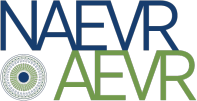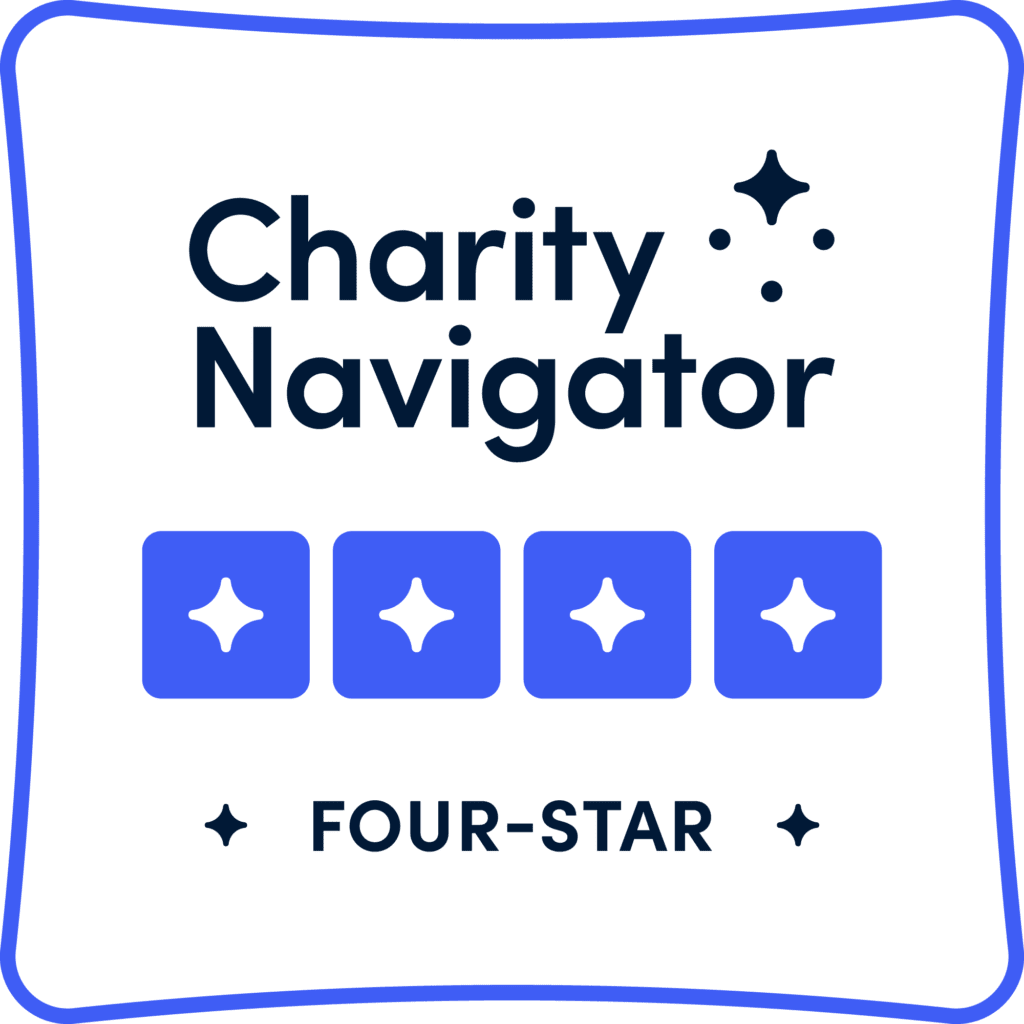 |
On February 25, NAEVR organized ARVO’s virtual Advocacy Day. This event engaged members of ARVO’s Annual Meeting Planning Committee (AMPC), Advocacy Awards winners, the Advocacy and Outreach Committee (AOC) Chair Stephanie Watson, MBBS, FRANZCO, PhD, Science Communication Training Fellows (SciCommTF) Alumni and the 2021 SciCommTF. Both ARVO’s domestic and international advocates made 26 calls to their Congressional delegations which included several Members assigned to the appropriations committee which determines funding for the National Institutes of Health (NIH) in the 117th Congress. Some of the participants will continue making calls within the next week as virtual visits continue to be held.
Once again, vision researchers were amidst the first advocates to show their appreciation for the House and Senate including increases in FY22 for NIH and the National Eye Institute (NEI). Advocates expressed their support and appreciation for the House-passed FY22 Labor, Health, and Human Services (LHHS) bill that includes $49.4 billion in overall NIH funding, with “base” funding at $46.4 billion, an 8.2% increase from FY21. The House FY22 LHHS bill included $877 million for the National Eye Institute (NEI), a $41.4 million, a 5% increase from FY22 and Congress hopes to finalize FY22 appropriations in the next week. Advocates also asked their delegates to:
- Urge Congress to finalize FY22 appropriations ahead of the March 11 deadline since any additional Continuing Resolutions (CRs) can have detrimental influence on existing and new research funding.
- Appeal to Congress to allocate $950 million for NEI in FY23. Since FY12, the NEI has continued to operate below inflation-adjusted dollars. The current NEI investment is 19% greater than the FY12 funding level of $702 million, which is appreciated, however it lags the 24% inflation that has occurred during the same period. Thus, it is important to account for inflation while also addressing the crisis of age-related vision disorders.
ARVO’s Chief Marketing & Communications Officer Julene Joy and Manager of Science Communications Salewa Akintilo were pleased to join NAEVR’s David Epstein and their new Executive Director, Dan Ignaszewski in overseeing this event.
“I’d like to thank ARVO advocates for their great work in communicating the value of, and need for, continued investments in eye and vision research,” said Dan Ignaszewski. “Funding of the National Eye Institute has not kept pace with inflation over the past ten years and ARVO advocates were able to highlight this, and the work they’re doing in eye and vision research which can lead to improved diagnosis, interventions, and therapies, and improve patient outcomes.”
Ignaszewski added, “with the looming crisis of age-related vision disorders in the United States, advocates provided their valuable perspectives on why NEI-funded research is so important. NAEVR is following up with Congressional offices as they finalize the FY22 budget, and we look forward to following up on ARVO advocates’ request to fund NEI at $950 million in FY23.”
Many of the advocates had enormous success in connecting with their policymakers. ARVO 2021 SciCommTF’s Miranda Scalabrino, PhD noted how great the call with the North Carolina Senator Thom Tillis office went. She stated that the delegate was “in favor of preventative research to reduce overall costs (both financial and lifestyle related)” and how getting research back to pre-COVID levels was a priority to them. There was also interest in scheduling a visit to Duke University where Scalabrino is a postdoctoral researcher.
The advocates diverse backgrounds also proved essential in their advocacy work. One 2021 SciCommTF got to speak to a delegate that represents the small town that she is from. She mentioned how helpful that was in establishing a relationship. Another of the 2021 Cohort hailed from Australia, calling in as early as 3am AEDT. Jeremy Chung Bo Chiang, BOptom (Hons), said that his advocate partner, Peter Koulen, PhD, (University of Missouri-Kansas City), “spearheaded most of the discussion regarding eye disease burden and eye research funding in the U.S. with his background as an NIH/NEI funded investigator.” Whereas he “provided an international outlook of how NEI has been crucial in leading international collaborative efforts in developing treatment for blinding eye diseases.”
Chiang added “this unique experience has enlightened me to the tremendous effort put in towards advocating for research funding, ultimately for the betterment of our society’s health.”
NAEVR looks forward to continuing to support an increase in FY22 funding for NIH and NEI, and looks forward to building on the work from the ARVO Advocacy Day to emphasize the need for further increases in FY23.



